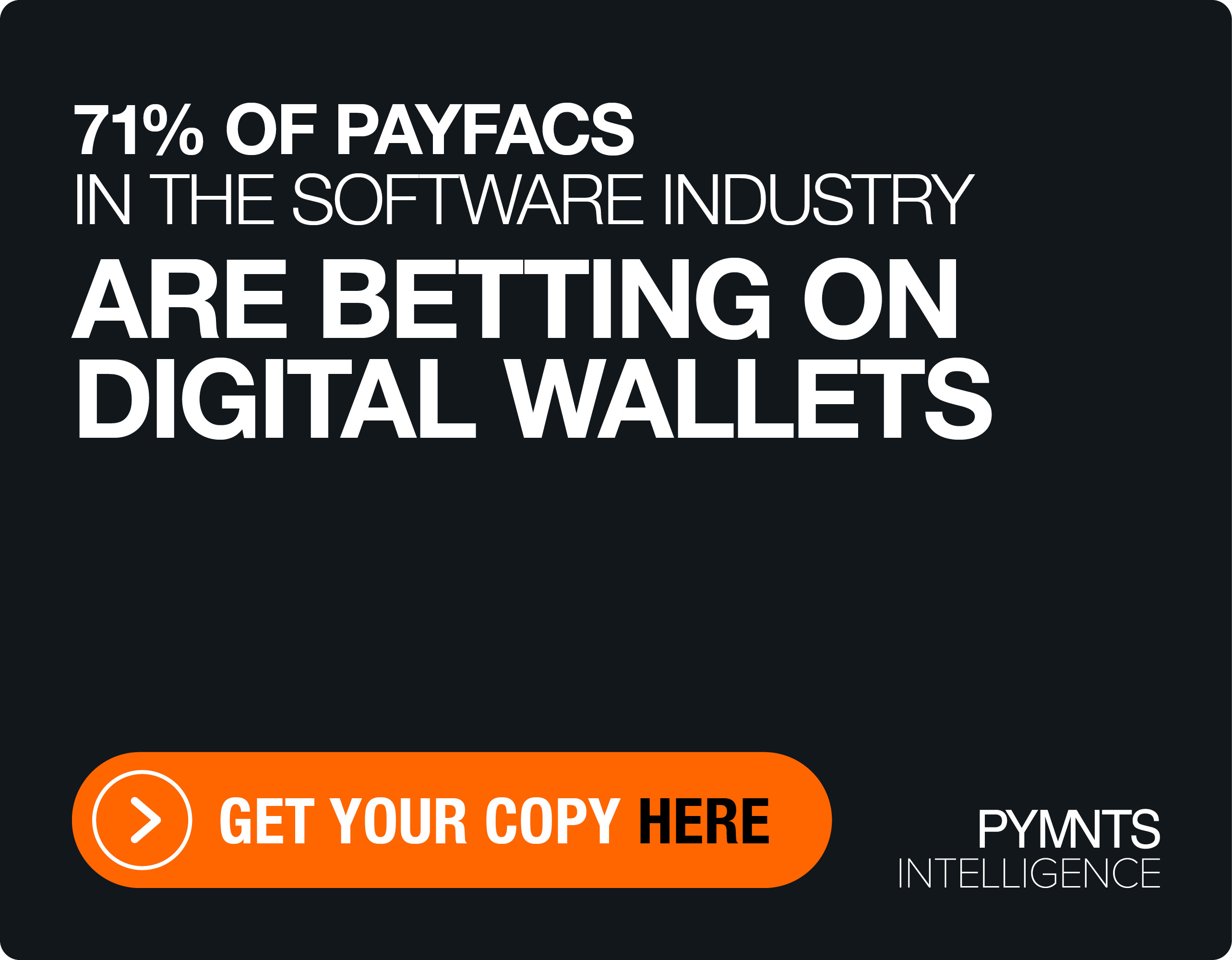GoDaddy Launches POS Devices That Let Merchants Link Online, Offline Stores

Web hosting company GoDaddy has expanded GoDaddy Payments with the launch of two point-of-sale (POS) devices, according to a press release.
The first device is the GoDaddy Smart Terminal, which works for brick-and-mortar businesses, the release stated. It’s dual-screened and doesn’t require swiveling screens, and businesses can customize it with their logo to boost their brands. It also has a hidden built-in printer for receipts.
The second device is the GoDaddy Card Reader, which comes with a docking station, according to the release. It can be used for on-the-go payments at farmers markets and other such places. It includes a tree-in-one swipe, chip and tap function, and it works with the GoDaddy mobile app. Its battery life can last a full day.
The new tech comes from the company’s December acquisition of Poynt, which has been integrated with GoDaddy’s online selling software, the release stated. The goal is to give small- to medium-sized businesses (SMBs) a leg up on selling, tracking and managing sales in more places.
In addition, it allows merchants to operate both offline and online, to sell “anything, anywhere,” according to the release.
GoDaddy has also rolled out the GoDaddy Payments full solution, which will help SMB owners save more money, the release stated. With that program, customers are charged a transaction fee of 2.3%, although online transactions add on 30 cents. The idea behind the program is to make transactions “quick and simple.”
“GoDaddy’s new point-of-sale offerings supercharge our customers’ ability to sell anywhere and grow,” said GoDaddy President of Commerce Osama Bedier in the release. “We’re on a mission to enable small businesses with the most powerful yet easy-to-use commerce solutions at an unbeatable value. And we’re just getting started.”
Last month, GoDaddy debuted features for pay links and virtual terminals.
Read more: GoDaddy Debuts Pay Links, Virtual Terminal Features for SMBs
The features are intended to let SMBs link to secure payment pages and to let companies turn devices into payment terminals, helping SMBs bolster their payment services.
